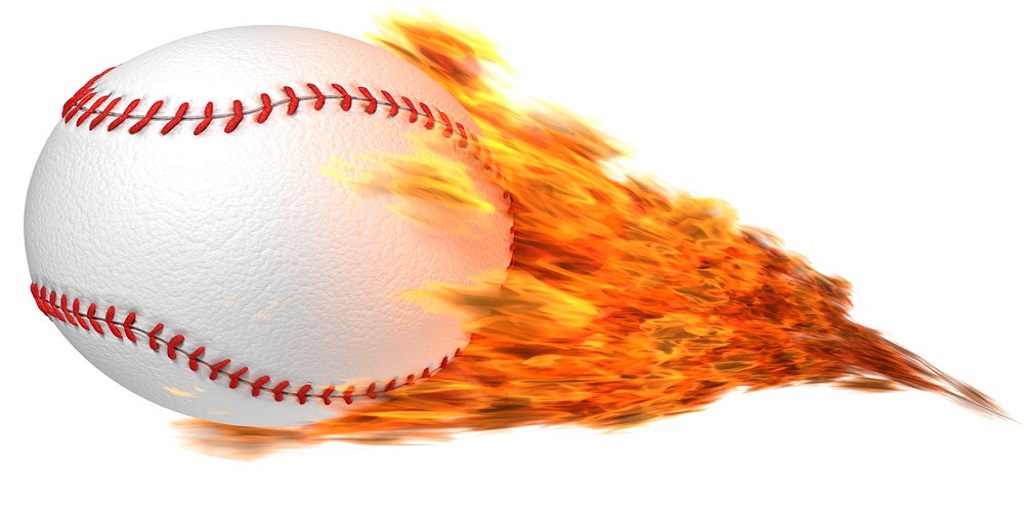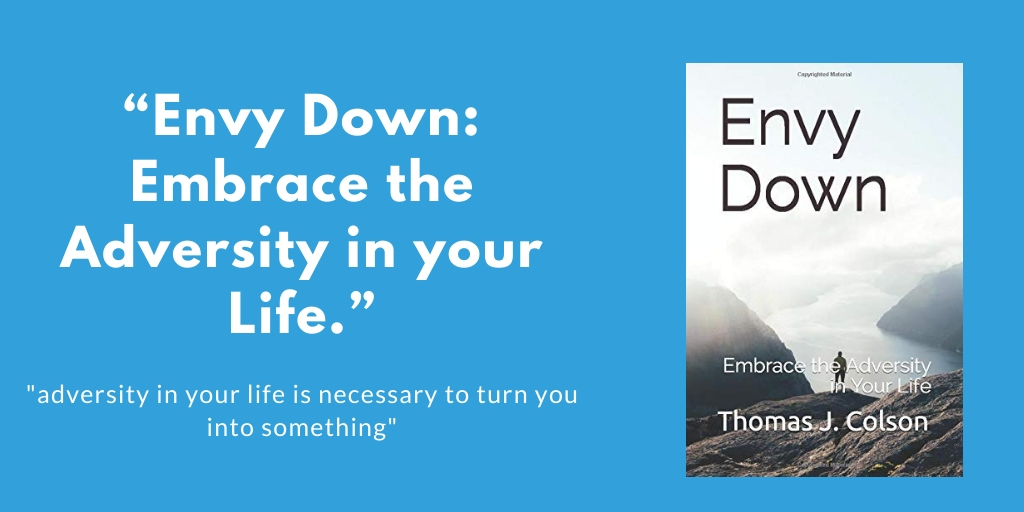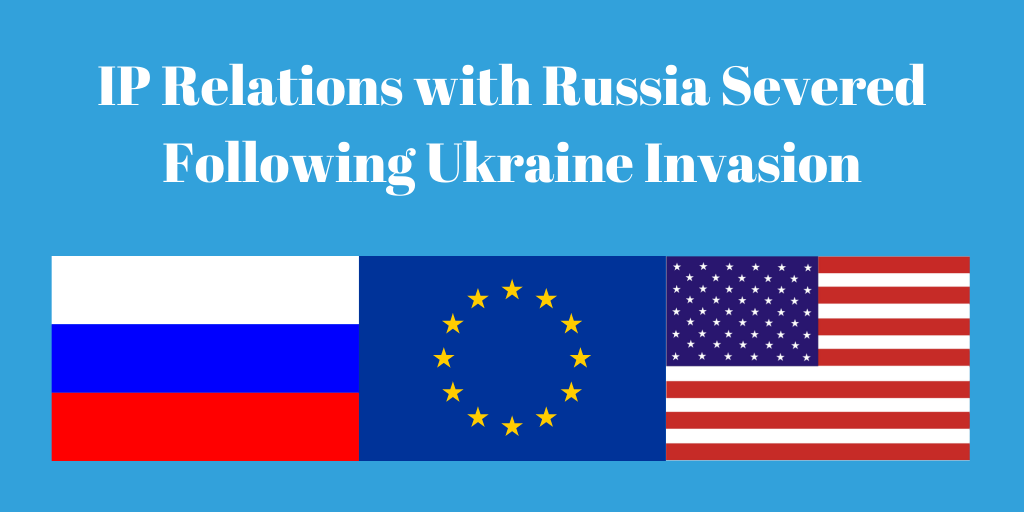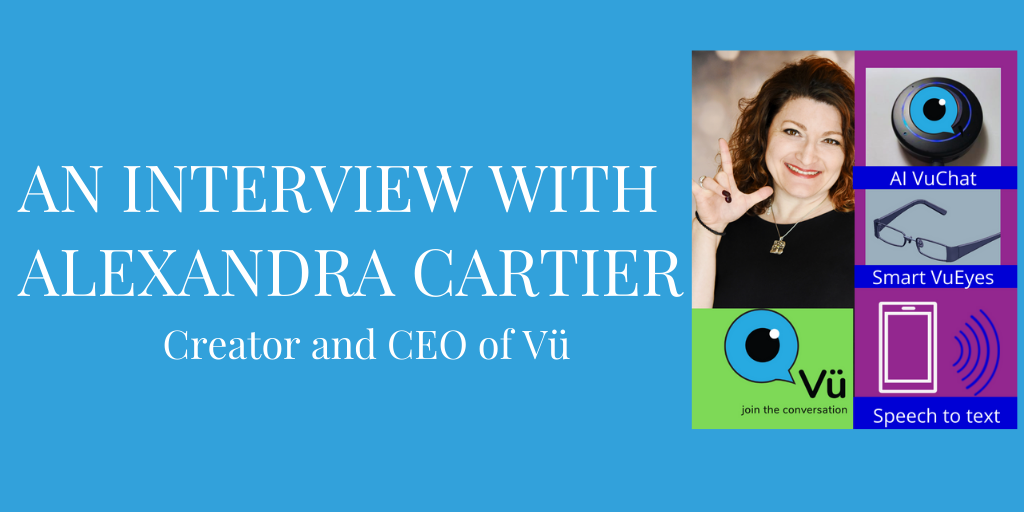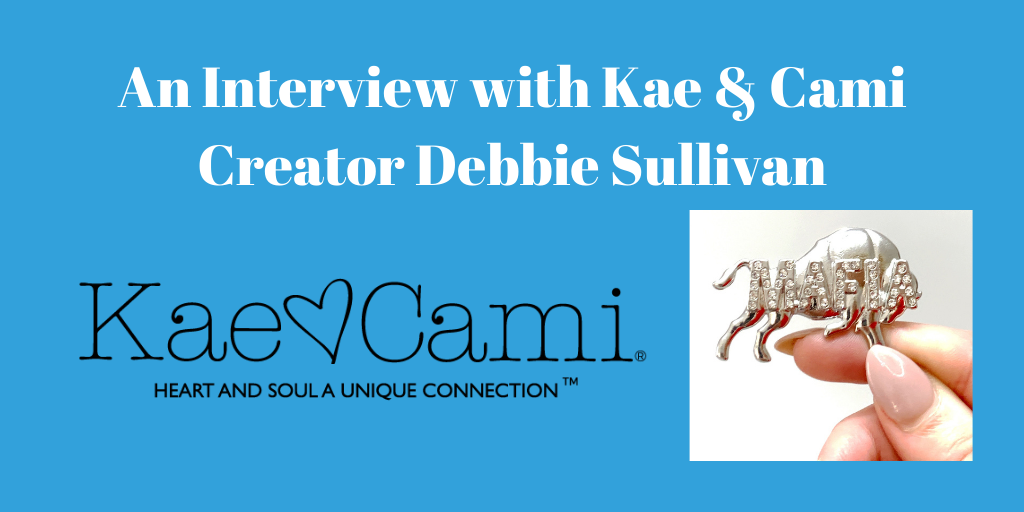Start ups have a lot of things to consider when they’re trying to get their business off the ground. Acquiring financing and funding are undoubtedly important. But sometimes, getting adequate intellectual property protection can also be just as crucial.
But what forms of intellectual property are available? Generally there are four categories of intellectual property protection, with each providing protection for something different. The available intellectual property protection includes:
– Patents
– Trademarks
– Copyrights
– Trade secrets
Patents, what can they do for a start up?
There are various types of patents but the type discussed in this article will be utility patents. Utility patents provide protection for inventions or solutions to a problem. A utility patent provides a very strong form of protection since it allows the patent holder the right to exclude others from making, using, selling, offering for sale, or importing a device covered by the patent into the United states.
What does this mean exactly?
If you have a patent for an invention, you have the right to stop others from making, using, or selling, anything covered by the patent for about 20 years or so. If you have spent a good deal of time and resources investing in your invention, getting a patent can help you recoup your losses. So basically, the patent holder would technically have a monopoly if he can get a patent on the invention.
But what happens if you want to protect something different like a logo or slogan? That’s something that trademark law would protect.
Trademark law helps protect the consumer goodwill that a start up has.
Trademark law will provide protection for logos, slogans, or marks capable of being a source identifier. Having trademark protection is important if you are a start up or a company that wants to preserve the goodwill that you’ve built with consumers. If you have a logo or slogan that many people recognize, it wouldn’t be good for business if your competitors could use the same or similar mark, right? Trademark law helps prevent this by generally allowing the trademark user to be the only to use to the mark in commerce.
So if patents generally provide protection for inventions and trademark law protects logos and slogans, what does copyright law and trade secrets protect?
Copyright can provide protection for many things.
Copyright will provide protection for original works of arts, which an extremely broad area. For example, if you produce software or programs, then copyright protection will help prevent others from copying certain parts of the software or program if it satisfies certain requirements. Other things that may qualify for copyright protection include artwork, photographs, music, and movies.
The rights that a copyright holder are granted are listed in a statute, which states:
The owner of copyright under this title has the exclusive rights to do and to authorize any of the following
(1) to reproduce the copyrighted work in copies or phonorecords;
(2) to prepare derivative works based upon the copyrighted work;
(3) to distribute copies or phonorecords of the copyrighted work to the public by sale or other transfer of ownership, or by rental, lease, or lending;
(4) in the case of literary, musical, dramatic, and choreographic works, pantomimes, and motion pictures and other audiovisual works, to perform the copyrighted work publicly;
(5) in the case of literary, musical, dramatic, and choreographic works, pantomimes, and pictorial, graphic, or sculptural works, including the individual images of a motion picture or other audiovisual work, to display the copyrighted work publicly; and
(6) in the case of sound recordings, to perform the copyrighted work publicly by means of a digital audio transmission.
Trade secrets
Trade secrets provide protection (you guessed it) for secrets. If you possess something that is valuable because no one really knows about it besides you, it may potentially qualify for trade secret protection. To actually get trade secret protection will require certain requirements to be satisfied such as ensuring that what you want to protect is not generally known.
Conclusion
Intellectual property protection can be extremely valuable to a start up. Even if your product does not qualify for all the protections available, having at least one can still generally be helpful since it at least prevents your business from being completely unguarded.
So as a recap and in more simplified terms:
• patents can protect inventions
• trademarks protects logos, slogans, or things that can be a source identifier
• copyright protects original works of arts such as software, pictures, photographs, and so much more
• trade secrets protects, well, secrets
Each of these categories of intellectual property all have different requirements. Having an attorney guide you through the process can be extremely helpful. For example, patents have several statutory requirements such as the invention must qualify as patentable subject matter or that it must be novel. These requirements can get really complex and having an attorney trained to parse through what is needed can save you a lot of time and hassle.
What do you think about all these forms of intellectual property? Tell us what you think and leave a comment below!
Want to learn more about intellectual property? Here’s a video to provide you with more information!
https://www.youtube.com/watch?v=IvwthGXe27w
Get Started Today!
Does this article interest you? Subscribe to the LoTempio Law email newsletter to receive posts and updates just like this conveniently in your email box!
If you’ve enjoyed this blog post, we have lots more where this came from, including an Inventors Guide Video Series where we help you turn your good idea into a profitable invention, and tons of other great content. Simply enter your email address and hit sign up and you’ll get everything, including blog posts like these, conveniently in your email box!
Have any questions? Give us a call at 1-800-866-0039. Consultations are FREE.
Disclaimer: This article is not intended to be legal advice and is meant to be for educational or entertainment purposes only. Please do not use the article or contents of the article without permission. For legal advice and questions, please contact registered Patent Attorney Vincent LoTempio.


